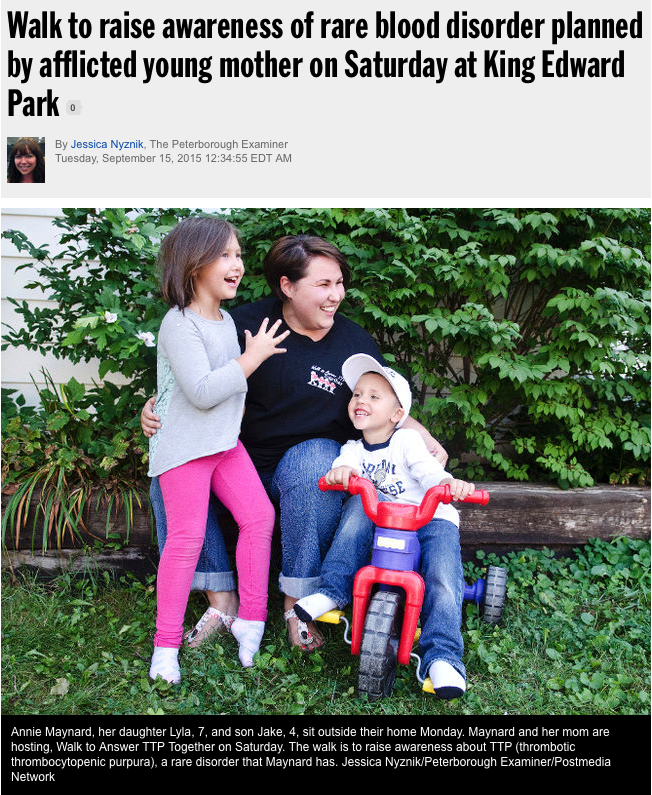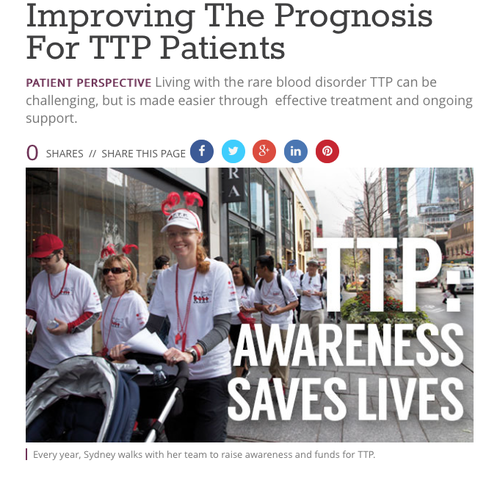First therapeutic specifically indicated for aTTP seeks authorization
By Sydney Kodatsky | Tuesday, February 7, 2017 - 11:23am
Ablynx submits a marketing authorisation application to the European Medicines Agency for Caplacizumab, for the treatment of aTTP. If approved, it will be the first therapeutic specifically indicated for the treatment of aTTP.


